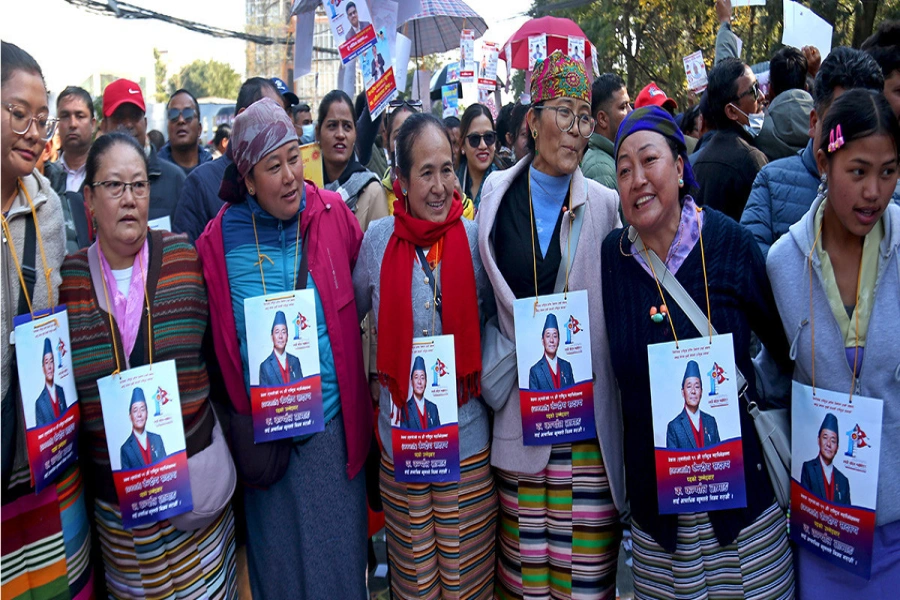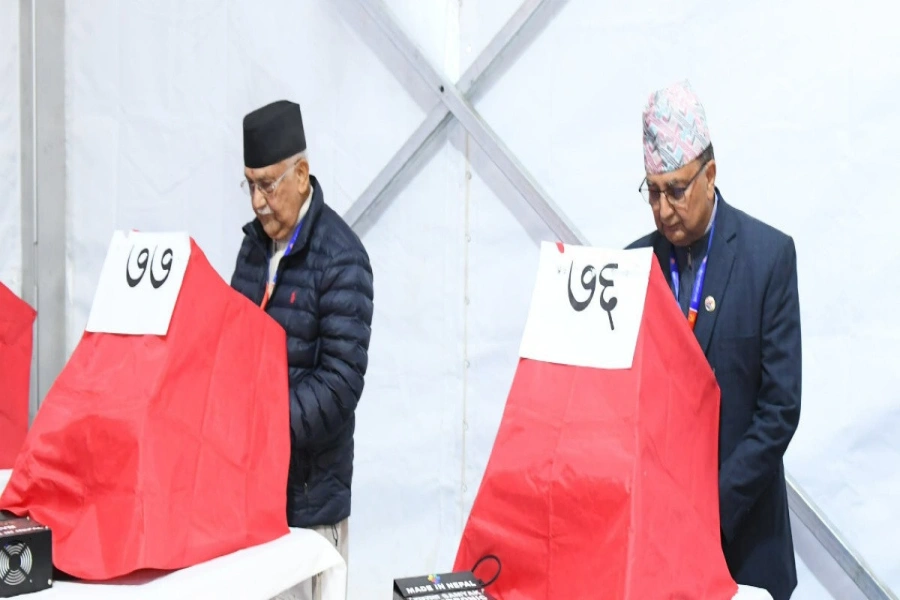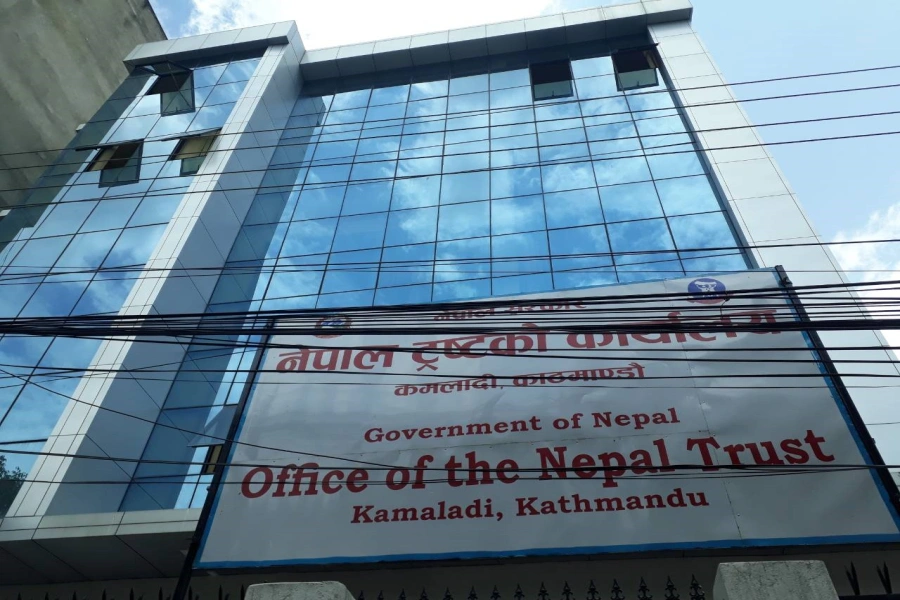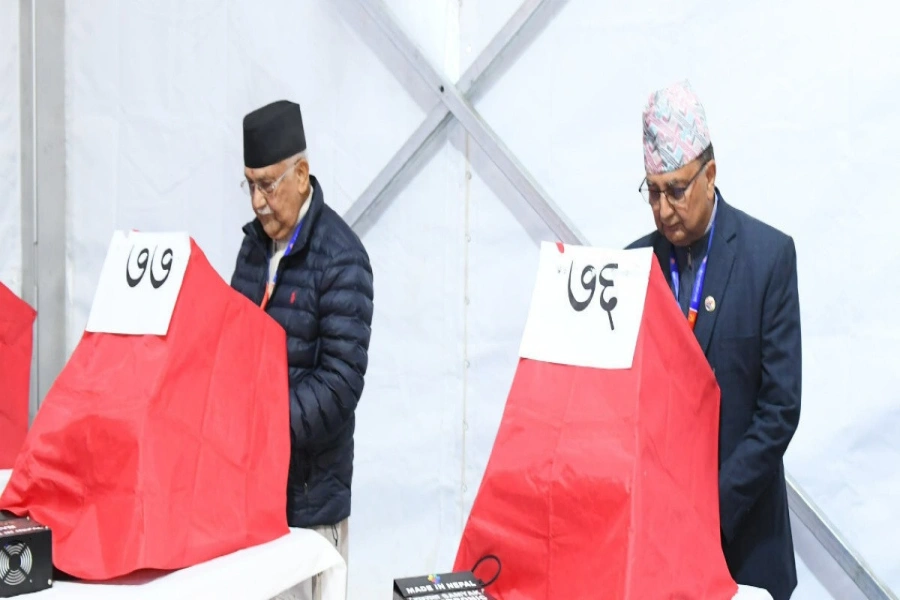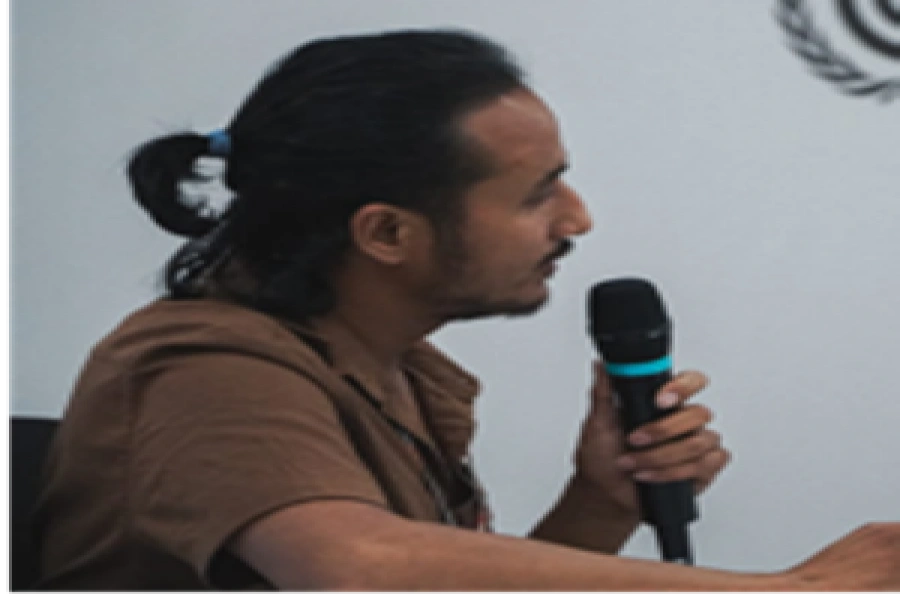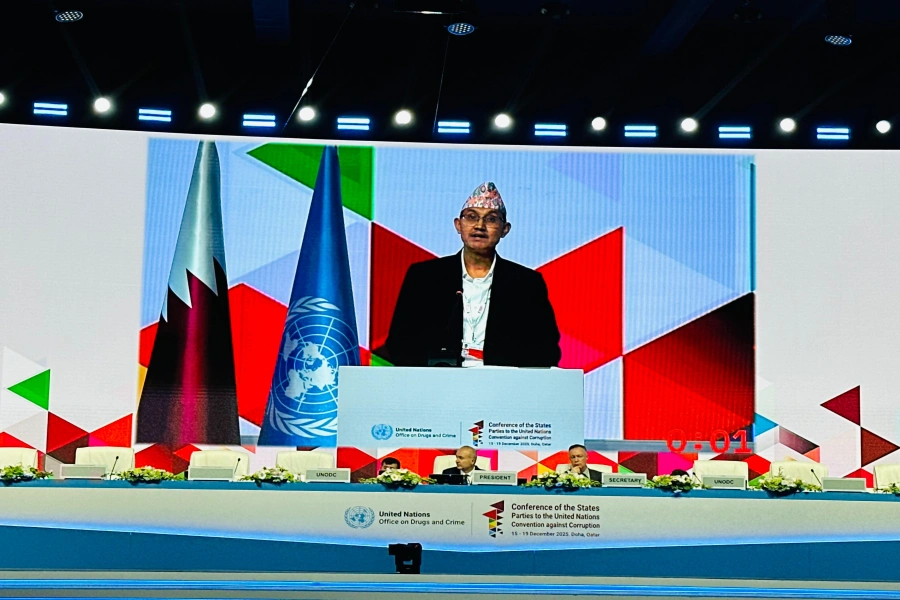This disease is capable of killing within just 48 hours of infection
UTTAR PRADESH, June 18: A chilling rise in cases of a rare but lethal human flesh-eating bacterial infection has gripped Japan after the country eased its COVID-19 restrictions, says a Bloomberg report.
Known as streptococcal toxic shock syndrome (STSS), this nightmarish disease is capable of killing within just 48 hours of infection. Data from the National Institute of Infectious Diseases reveals that Japan has already recorded nearly 1,000 cases this year alone, surpassing last year’s numbers.
With an ability to cause tissue destruction and rapid organ failure, the uncontrolled spread of this ‘flesh-eating bacteria’ is sounding alarms within the medical communities in Japan, and the world.
What exactly is STSS? What makes it so deadly?
Tooth Decay is not a curse

Dr Jagadish Hiremath, public health intellectual, provides some insights. He says, “STSS is a severe infection caused by Group A Streptococcus (GAS) bacteria. It progresses rapidly, leading to high fever, severe pain, low blood pressure, and potential organ failure.”
Japan has seen an increase in STSS cases recently, he says. Experts attribute several factors to this rise. With COVID-19 restrictions easing, people are socialising more, increasing the spread of infections. “There has been a general rise in GAS infections, making it more likely for STSS cases to occur, particularly affecting people over 50. They are more vulnerable to severe outcomes,” Dr Hiermath says.
What leads to severe symptoms in STSS?
Group A Streptococcus bacteria produce toxins that trigger a hyper-inflammatory response in the body, says Dr Hiremath. “These toxins lead to widespread tissue damage and severe inflammation, resulting in rapid tissue necrosis (flesh-eating), extreme pain, and shock.”
He adds, “The bacteria can swiftly enter the bloodstream and organs, causing multi-organ failure in a short period. This rapid progression explains why STSS can be fatal within 48 hours, if not treated promptly. The toxins disrupt the immune system, leading to severe symptoms that require immediate medical intervention to prevent death.”
Global risk and preventive measures
Although the current outbreak is in Japan, Dr Hiremath cautions that there’s a potential for global spread due to international travel. “To prevent STSS, maintaining good hygiene, such as regular hand washing and prompt treatment of any skin injuries, is crucial. Early signs like sudden severe pain, high fever, and redness at a wound site should prompt immediate medical attention,” he stresses.
Countries can enhance surveillance and public health education to manage and control outbreaks effectively. Public health measures, including monitoring and a quick response to new cases, are essential to contain the spread of this dangerous infection.
Steps being taken in Japan now, and what other nations can learn
According to Dr Hiremath, Japanese health authorities are actively monitoring the situation and working to curb the spread of STSS. Public awareness campaigns inform people about the symptoms and severity of STSS, encouraging prompt medical care if symptoms appear.
He continues, “Hospitals are on alert to identify and treat STSS cases swiftly, and enhanced hygiene practices are being promoted. There’s a push for better wound care and timely treatment of infections. These measures aim to reduce the transmission and mortality associated with STSS.”
Other countries can learn from Japan’s comprehensive approach to improve their own preparedness and response strategies, he says. “Educating healthcare providers and the public about recognising early symptoms and seeking timely medical care is very important,” Dr Hiremath says.







